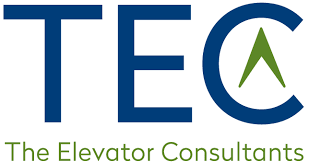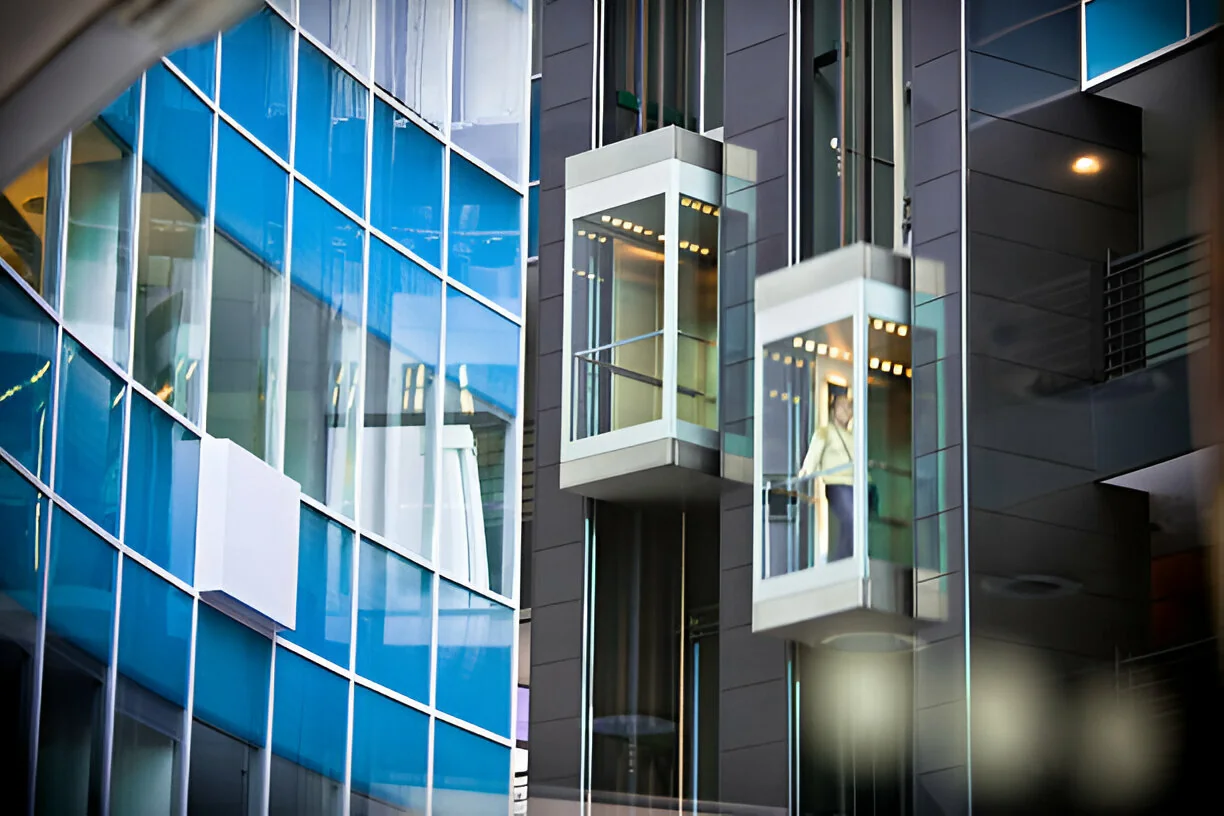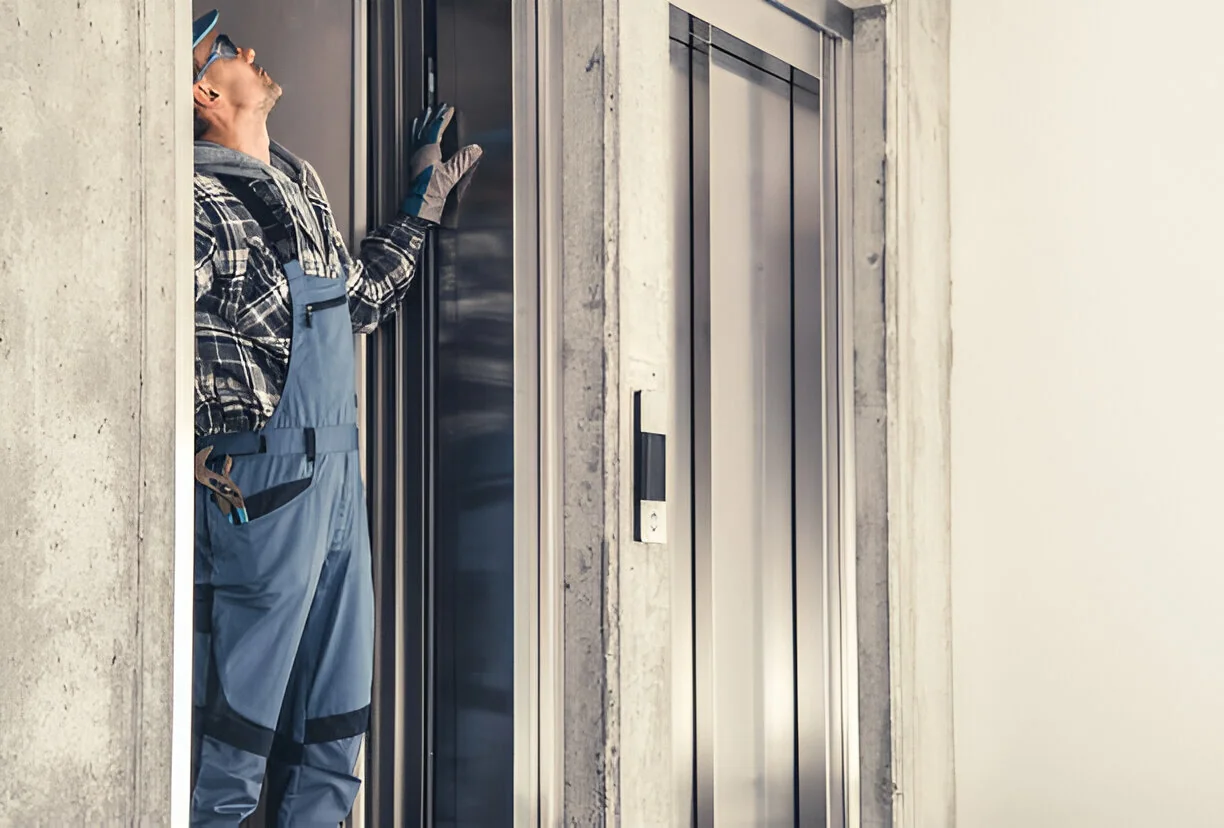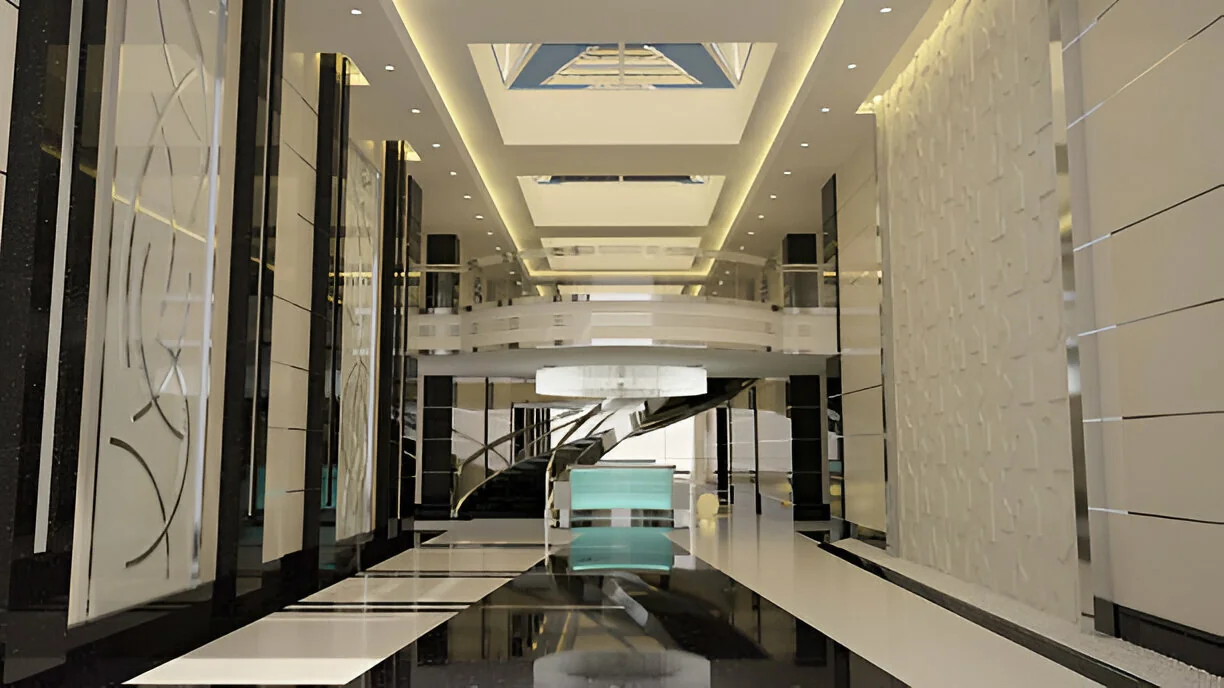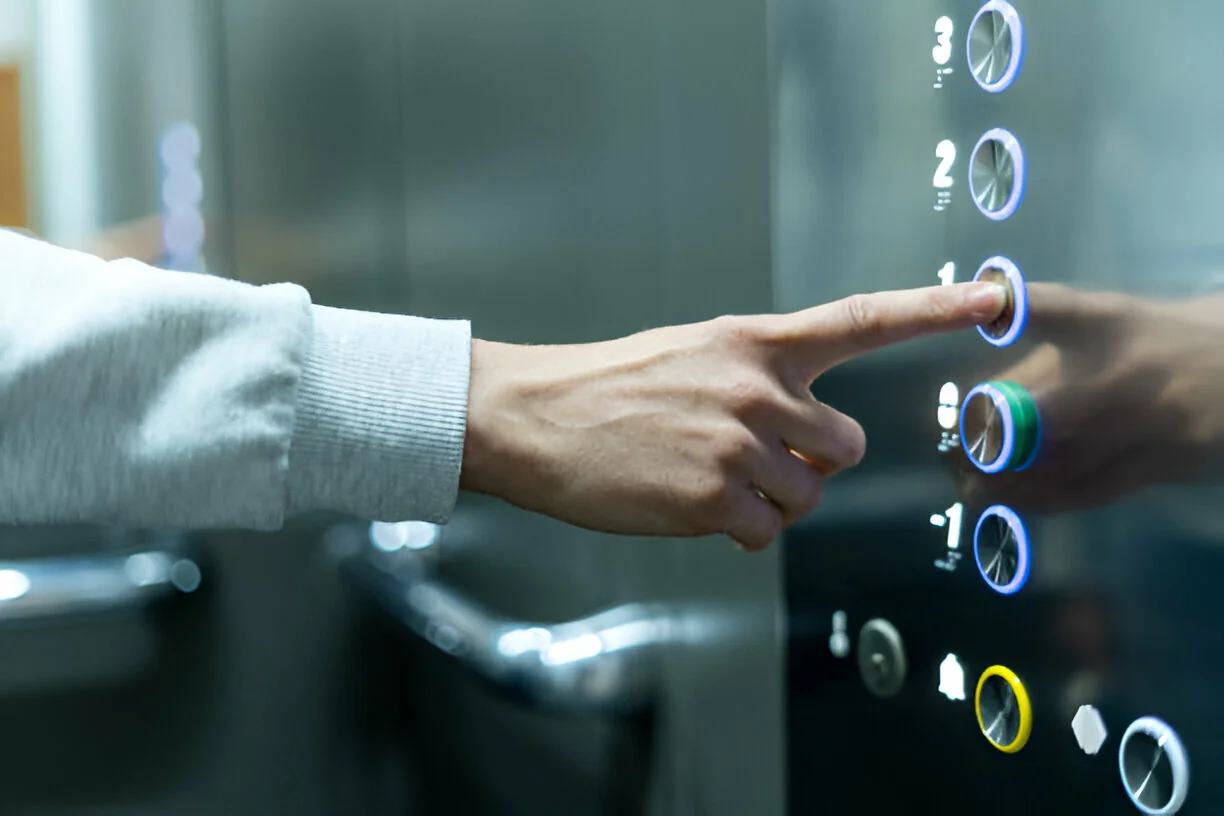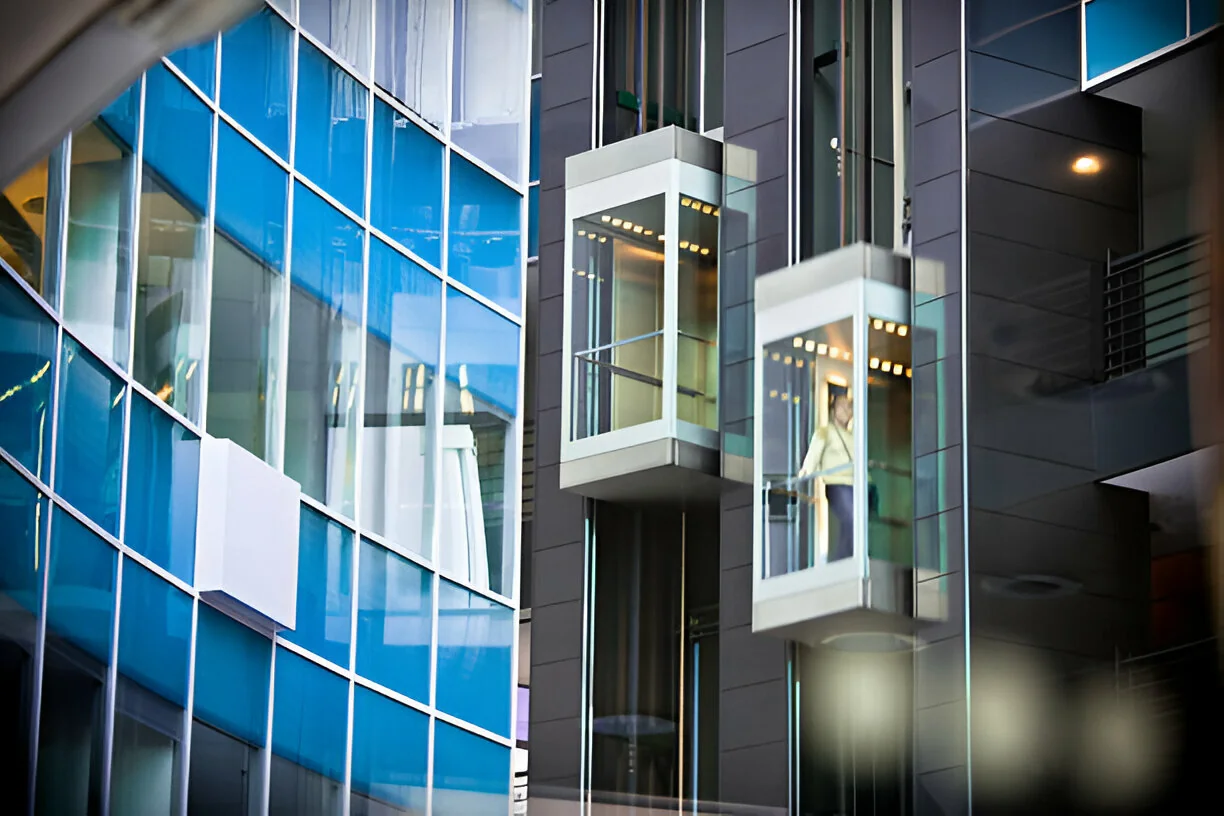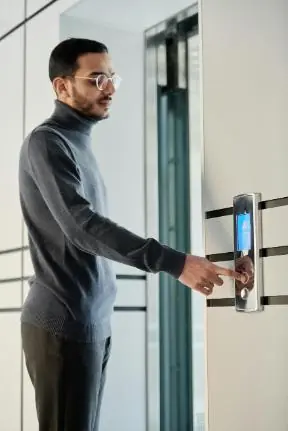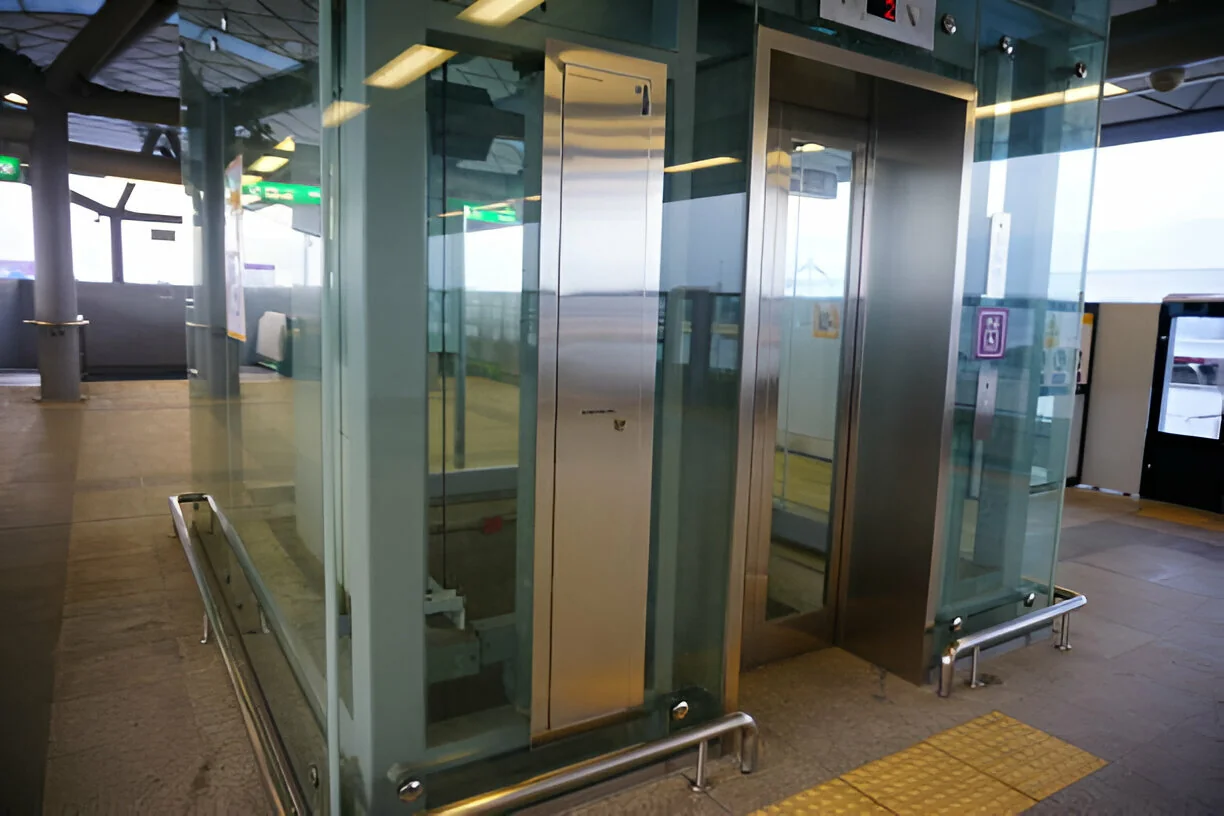In the world of commercial real estate and building management, a building cannot be built without vertical transportation. The choice between proprietary and non-proprietary elevator systems can have significant long-term financial implications for a project. The Elevator Consultants hopes to shed light on the costs associated with both options, providing building owners, developers, and facility managers with the information they need to make informed decisions.
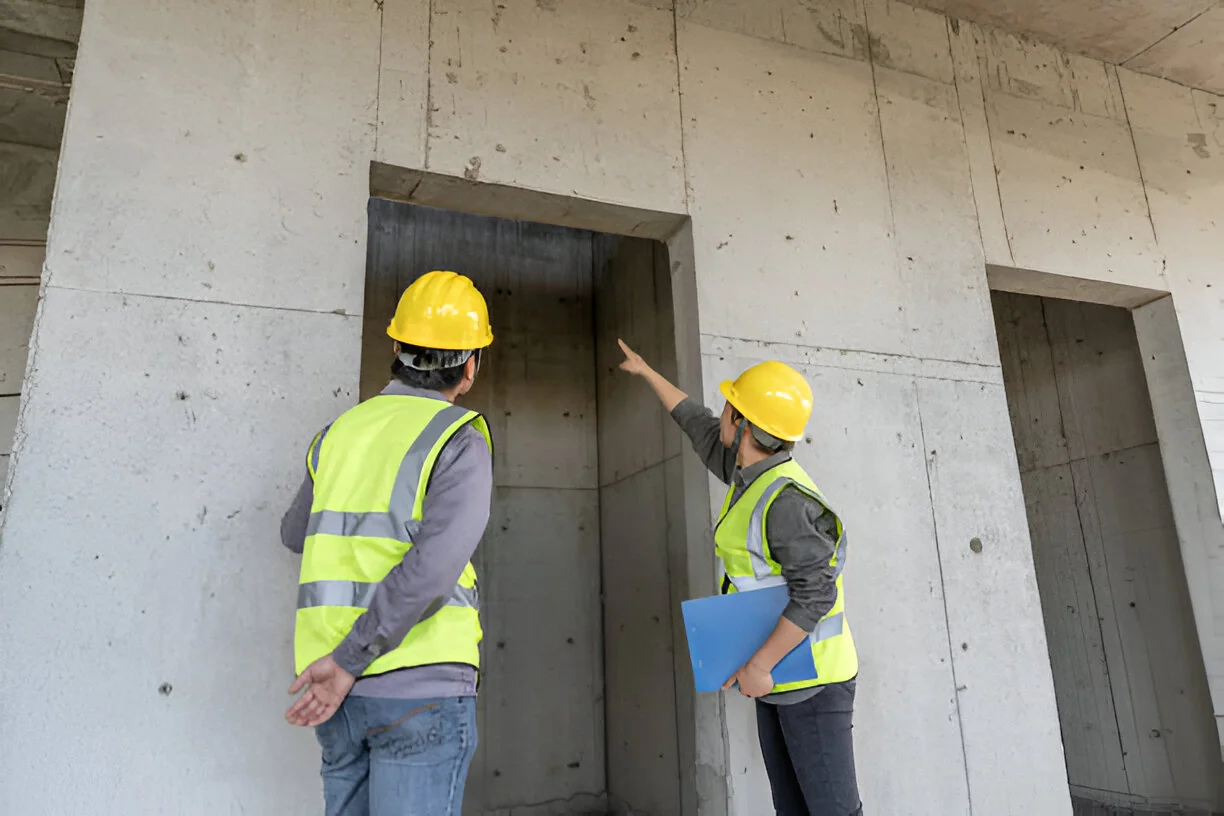
Understanding Proprietary and Non-Proprietary Elevator Systems
Before diving into the financial analysis, it’s essential to understand the key differences between these two types of elevator systems:
1. Proprietary Elevator Systems
- Designed, manufactured, and maintained exclusively by a single Original Equipment Manufacturer (OEM)
- Often offered at competitive initial prices
- Require specialized parts and service from the OEM or authorized partners
- Typically have shorter lifespans and more frequent replacement cycles
- Parts can become obsolete at the discretion of the OEM
- Non-Proprietary Elevator Systems
- Can be serviced by various companies, not tied to a single manufacturer
- May have higher initial costs
- Allow for competitive bidding on maintenance and parts
- Generally, have longer lifespans and less frequent replacement needs
The ROI includes installation and monthly maintenance for the time period, repairs and parts replacement are not included. Monthly maintenance in today’s pricing with an escalation of 5% over the years.
ROI Analysis: Hydraulic Elevator Systems
Let’s examine the cost differences between proprietary and non-proprietary hydraulic elevator systems over 10 and 25 years:
10-Year Comparison
- Proprietary system total cost: $275,467
- Non-proprietary system total cost: $319,892
- Short-term savings with proprietary system: $44,425
At first glance, the proprietary system appears more cost-effective, offering savings of $44,425 over a decade. This initial advantage often attracts building owners and developers looking to minimize upfront costs.
25-Year Comparison
- Proprietary system total cost: $968,786
- Non-proprietary system total cost: $407,408
- Long-term savings with a non-proprietary system: $561,377
The 25-year analysis reveals a dramatic shift in cost-effectiveness. The non-proprietary system offers staggering savings of approximately $561,377 over this extended period, more than making up for its higher initial cost.
Key Factors Influencing Cost Differences
1. Replacement Frequency
Proprietary systems typically require replacement every 10 years at an estimated $250,000 each time.
2. Maintenance Costs
Proprietary systems often have higher monthly maintenance fees.
3. Lifespan
Non-proprietary systems boast a longer lifespan (25 years vs. 10 years for proprietary systems).
4. Cost Stability
Non-proprietary systems generally have lower, more stable maintenance costs over time.
5. Proprietary only allows the OEM to service.
ROI Analysis: Traction Elevator Systems (assume 10 floors)
Traction elevator systems show a similar trend, but with some nuances:
Proprietary Traction System
- Initial cost: $300,000
- 10-year total cost: $450,93.
- 25-year total cost: $1,587,572
Non-Proprietary Traction System
- Initial cost: $400,000
- 15-year total cost: $581,260
- Estimated 25-year total cost: $801,558
Key Observations
1. Short-term (10 years):
The proprietary system is less expensive ($450,935 vs. $493,824 for non-proprietary).
2. Mid-term (15 years):
The non-proprietary system becomes more cost-effective ($581,260 vs. $826,169 for proprietary).
3. Long-term (25 years):
The non-proprietary system offers substantial savings ($801,558 vs. $1,587,572 for proprietary).
Factors Contributing to Cost Differences in Traction Systems
1. Replacement Cycles
Proprietary systems require replacement every 10 years at $375,000 each time.
2. Lifespan
Non-proprietary systems have a longer lifespan of 25 years.
3. Initial Costs
While non-proprietary systems have higher initial costs and maintenance fees, they avoid costly replacements.
Interpreting the Financial Data
The ROI analysis clearly demonstrates that the initial cost savings of proprietary systems are quickly overshadowed by their long-term expenses. This shift in cost-effectiveness can be attributed to several factors:
1. Frequent Replacements
The need to replace proprietary systems more often results in significant capital expenditures every decade.
2. Escalating Maintenance Costs
Lack of competition in servicing proprietary systems often leads to steadily increasing maintenance fees.
3. Limited Lifespan
The shorter operational life of proprietary systems necessitates more frequent total replacements.
4. Hidden Costs
Proprietary systems may incur additional expenses due to specialized parts and potential extended downtimes.
Beyond Direct Costs: Impact on Building Operations and Value
The choice between proprietary and non-proprietary elevator systems affects more than just installation capital budgets but operating maintenance budgets:
1. Property Value: Buildings with non-proprietary systems may be more attractive to potential buyers due to their lower long-term costs and greater flexibility in maintenance options.
2. Operational Budgeting: The unpredictable nature of proprietary system costs can complicate long-term financial planning for building managers.
3. Tenant Satisfaction: More frequent elevator replacements and the potential for extended downtimes with proprietary systems can negatively impact tenant experience and retention.
4. Sustainability Concerns: The shorter lifespan of proprietary systems raises questions about environmental impact and sustainability in building management.
5. Unknowns: Proprietary systems have several unknowns that need to be forecasted and evaluated.
Making an Informed Decision
When considering elevator systems for new construction or modernization projects, building owners and developers should:
1. Look Beyond Initial Costs: While proprietary systems may offer upfront savings, the long-term financial implications favor non-proprietary options.
2. Consider Total Lifecycle Costs: Factor in maintenance, replacement, and potential downtime costs over a 25-year period.
3. Assess Flexibility Needs: Non-proprietary systems offer more options for maintenance and upgrades, which can be crucial for adapting to future building needs.
4. Evaluate Building Lifespan: For buildings intended to operate for several decades, the cost savings of non-proprietary systems become even more significant.
5. Consult Independent Experts: Seek advice from elevator consultants to get unbiased insights.
Overall, this information provides items that show proprietary elevators may offer some short-term benefits, and non-proprietary systems are substantially more cost-effective over the life of a building. For both hydraulic and traction systems, the long-term savings with non-proprietary options must be looked at since they are significant, often amounting to hundreds of thousands of dollars over a 25-year period. Understanding the project goals is key especially if they are a long term or short term hold.
Building owners and developers must carefully weigh the attractive initial savings against the potential for escalating costs, reduced flexibility, and premature replacements associated with proprietary systems. The data gives some guidelines of what might seem like a cost-effective decision in the short term can lead to significantly higher expenses and operational challenges in the long run.
By thoroughly understanding the numerous implications of this information and considering long-term and short-term requirements, decision-makers can make choices that align with the project goals. This will ensure long-term cost-effectiveness, and maintain the value and functionality of their properties for years to come whether it is a long or short term hold. Discussing the outcomes and objectives of the development is key to understand the proper installation.
Remember, an elevator system is a long-term investment in the building, usually one of the most expensive assets. Choose the right installation, and realizing your decision will pay dividends in reliability, cost-effectiveness, and tenant satisfaction for decades to come. The evidence strongly suggests that in most cases, non-proprietary systems offer the best value and flexibility over the life of a building. An elevator consultant can walk you through the different scenarios based on the projects end goal.
